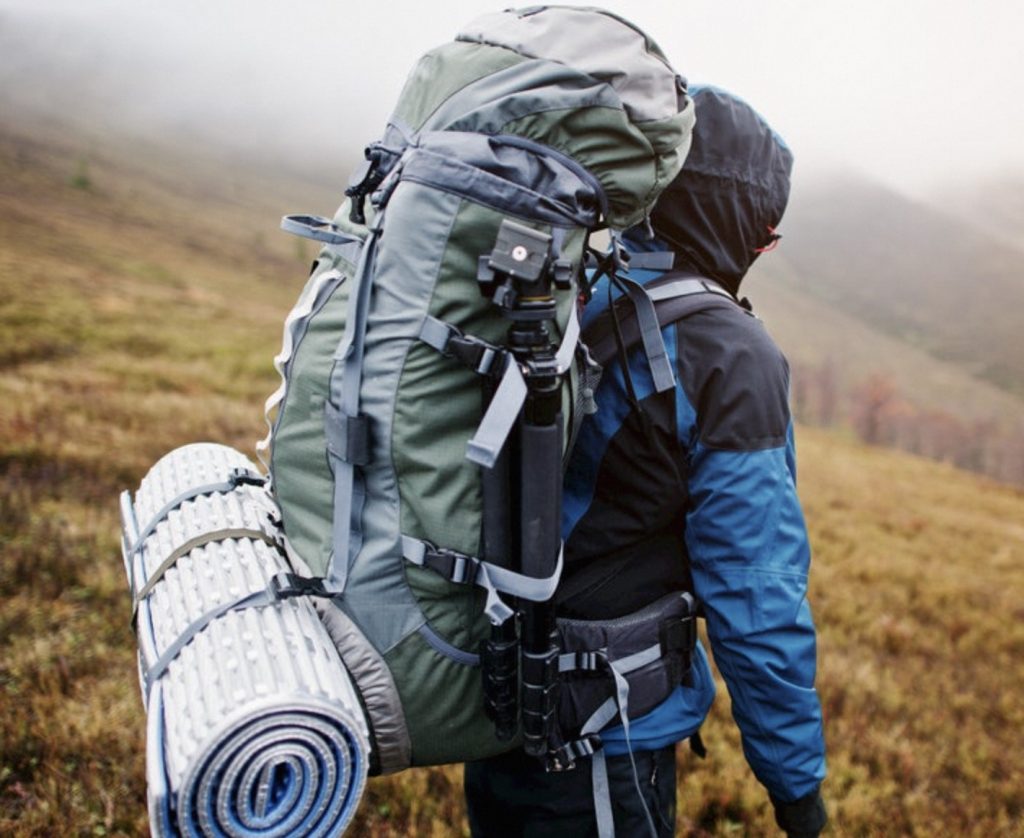Introduction:
Embarking on a backpacking adventure requires a careful balance between carrying essential gear and managing the weight of the backpack. Backpacking backpack weight is a crucial factor that can significantly impact the comfort, endurance, and overall experience of the trekker. This article explores the art and science of determining the optimal backpack weight, including professional insights from seasoned backpackers, outdoor guides, and ergonomic experts.

I. Understanding Backpacking Backpack Weight Fundamentals
Before one can optimize their backpack weight, it’s important to understand the essential components that contribute to the overall load. This section will discuss the base weight, consumable weight, and pack weight, defining the terms used by backpacking professionals when calculating the weight of their gear.
II. The Ideal Backpacking Backpack Weight: A Professional Perspective
Outdoor professionals and experienced backpackers weigh in on what constitutes an ideal backpack weight. They discuss the widely accepted rule that a loaded backpack should not exceed a certain percentage of the hiker’s body weight and how this benchmark can be adjusted based on individual strength and fitness levels.
III. Factors Influencing Backpacking Backpack Weight
Several variables affect the weight of a backpacking backpack. These can include the duration of the trip, the environment and weather conditions, the necessary equipment and supplies, and the individual’s comfort and safety needs. This section will examine how each factor plays into the overall packing strategy.
IV. Techniques for Reducing Backpacking Backpack Weight
Lightening the load without compromising essential gear is a skill honed by many backpackers. Ultralight enthusiasts and backpacking instructors share their strategies for minimizing backpack weight, such as selecting lightweight materials, using multi-purpose gear, and carefully considering the utility of each item.
V. Backpacking Backpack Weight: Ergonomic Considerations
The distribution and handling of backpack weight are just as important as the weight itself. Ergonomic experts explain how the design of a backpack can affect weight distribution across the body and offer advice on how to pack and adjust a backpack to reduce strain and prevent injury.
VI. Impact of Excessive Backpacking Weight
Carrying a backpack that is too heavy can have serious physical repercussions. Sports medicine specialists and physical therapists outline the potential risks associated with overburdened backpacks, including muscle strain, joint stress, and fatigue, and how these can detract from the backpacking experience.
VII. Backpacking Weight and Performance on the Trail
Performance on the trail is intertwined with backpack weight. Hiking coaches and trail guides discuss the relationship between a lightweight pack and increased mobility, endurance, and enjoyment, emphasizing the performance benefits of a well-managed backpack.
VIII. Advanced Gear and Technology in Reducing Backpack Weight
Advancements in backpacking gear technology have made it easier to reduce pack weight without sacrificing functionality. Gear designers and outdoor equipment manufacturers highlight the latest innovations in lightweight materials and design that are revolutionizing how backpackers approach packing.
IX. Personal Accounts: Backpacking Backpack Weight Experiences
Real-life stories from backpackers provide insight into the practical implications of backpack weight. This section will share anecdotes and lessons learned from individuals who have navigated the challenges of managing backpack weight on various trails and expeditions.
X. The Future of Backpacking Weight Considerations
Looking forward, industry analysts and environmental advocates consider the future trends in backpacking, such as the push towards sustainability and the impact of changing trail conditions on how backpackers calculate and manage their pack weight.
Conclusion:
The weight of a backpacking is a critical consideration that requires attention to detail, thoughtful planning, and a deep understanding of one’s own capabilities and the demands of the trail. By incorporating professional advice and proven strategies, backpackers can optimize their pack weight for a more comfortable and enjoyable outdoor experience. As technological advancements continue to evolve, the pursuit of the perfect balance between load and comfort remains a dynamic and essential aspect of backpacking preparation.


